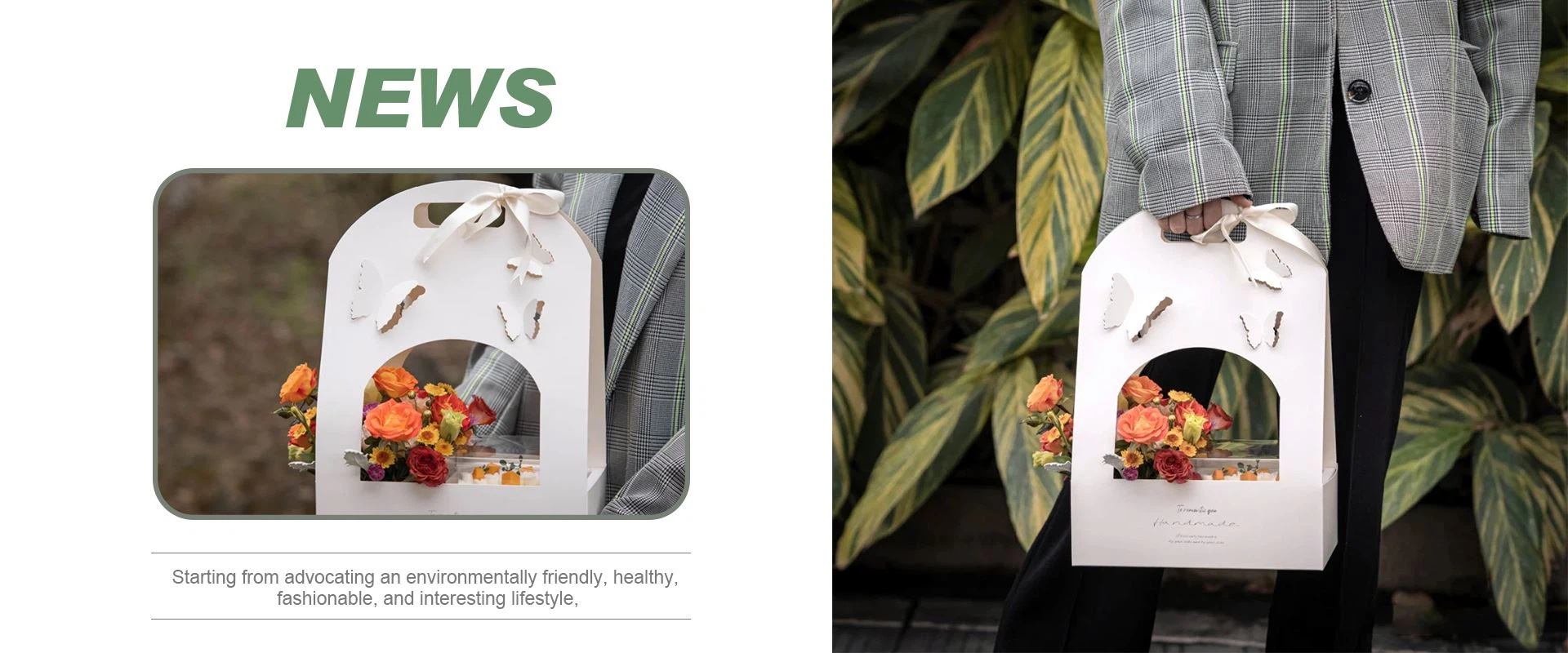In recent years, the United Kingdom has been at the forefront of addressing environmental concerns, particularly those related to plastic pollution. With a commitment to reducing single-use plastics and promoting sustainable alternatives, the UK government has implemented several policies to combat this pressing issue. One of the most significant initiatives in 2023 is the ban on various single-use plastics and the increasing adoption of plastic-free tableware, marking a substantial stride toward a more eco-conscious future.
The Plastic Ban Policy: A Comprehensive Approach
The UK's plastic ban policy, introduced in 2022, reflects the government's dedication to mitigating the adverse effects of single-use plastics on the environment. The policy is designed to phase out several types of plastic items that are known contributors to pollution, such as plastic straws, stirrers, cotton buds, and certain types of plastic cutlery. The bans have been met with widespread support from environmental activists and concerned citizens alike.
One of the critical aspects of this policy is its emphasis on reducing plastic waste at the source. By banning the sale and distribution of specific plastic products, the government aims to encourage consumers to make more sustainable choices. Additionally, this move has spurred innovation in the production of alternative materials and products, creating economic opportunities for businesses that prioritize environmental responsibility.
The Emergence of Plastic-Free Tableware
One of the most significant developments accompanying the UK's plastic ban policy is the surge in popularity of plastic-free tableware. Consumers, businesses, and the food industry have all begun to recognize the importance of transitioning away from disposable plastics to more sustainable options.
1. Reusable Tableware
Reusable tableware made from materials like bamboo, stainless steel, and glass has become a preferred choice for environmentally-conscious consumers. These products offer durability, aesthetics, and the ability to minimize waste significantly. Reusable cutlery sets, straws, and plates have made their way into restaurants, cafes, and homes across the country, aligning with the plastic ban policy's objectives.
2. Compostable Alternatives
Compostable tableware has also gained prominence as an eco-friendly alternative. These items, often made from materials like cornstarch, sugarcane, or palm leaves, break down naturally, leaving no lasting impact on the environment. Many restaurants and catering services have switched to using compostable plates, cups, and utensils, helping reduce plastic waste in the foodservice industry.
3. Collaboration with Food Industry
The collaboration between the food industry and plastic-free tableware suppliers has been instrumental in implementing this shift. Major restaurant chains, fast-food outlets, and even street vendors have embraced the use of sustainable tableware. Customers are now more likely to receive their takeout orders in compostable containers or reusable packaging, reducing the reliance on single-use plastics.
Challenges and Opportunities
While the transition to plastic-free tableware represents a significant step forward, it also comes with its challenges. The production and distribution of alternative materials can be more costly initially, and businesses may need to make adjustments to their operations. However, these challenges present opportunities for innovation and economic growth in the long run.
1. Economic Growth and Job Creation
The shift toward plastic-free tableware has stimulated economic growth in the form of new businesses and job opportunities. Manufacturers of sustainable tableware have seen increased demand for their products, leading to expansions and the creation of new jobs. Additionally, restaurants and food establishments that embrace these changes can attract environmentally-conscious consumers and boost their revenue.
2. Consumer Education
Another challenge lies in educating consumers about the benefits and proper disposal of plastic-free tableware. It is crucial to raise awareness about the positive impact of these choices and provide information on recycling and composting options. Public campaigns and educational initiatives can help bridge the gap between consumer intention and action.
3. Regulatory Framework
The government's role in supporting the transition to plastic-free tableware is vital. Establishing clear guidelines and standards for sustainable products, as well as offering incentives for businesses to adopt eco-friendly practices, can further accelerate this transition. Moreover, policymakers should ensure that composting and recycling infrastructure is accessible and efficient.
The Way Forward: A Sustainable Future
As the UK continues to implement its plastic ban policy and embrace plastic-free tableware alternatives, it is evident that progress is being made towards a more sustainable future. While challenges exist, they serve as catalysts for innovation and collaboration among government, businesses, and consumers.
By reducing the reliance on single-use plastics and encouraging the adoption of plastic-free tableware, the UK is not only addressing immediate environmental concerns but also setting a precedent for other nations to follow. The combination of regulatory measures, consumer demand, and business initiatives paves the way for a cleaner, greener, and more responsible approach to dining and consumption in 2023 and beyond.






